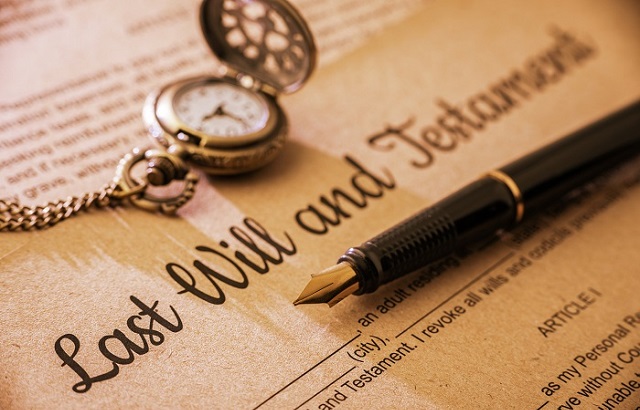Ensuring your assets and wealth are passed on according to your wishes is the primary driver for people writing their Will.
Failing to do so could mean that loved ones are left fighting to claim what is rightfully theirs.
And there are some simple mistakes that could leave them in that situation.
India and UK-based company NRI Legal Services offers some guidance about how best to go about it.
Dotting the ‘I’s
A Will need not always be on an official form or even be registered.
It can be written on a plain paper and still be as legally valid as if it had been written by a lawyer.
But it is vital that the Will clearly identify the person preparing it, known as the ‘testator’.
It doesn’t matter if it is typed or handwritten, all that matters is that it be signed by the testator, attested by two witnesses and be legible.
It’s crucial to choose the witnesses carefully – they must be reliable.
They should also preferably be younger than the testator to ensure that they are around when the Will is executed.
Following the above, it becomes an entirely valid and legitimate document for every practical purpose.
When to ask for help
While drafting a Will is a relatively straightforward process for most people, more complicated situations often warrant some legal or professional help.
This will ensure that there is no ambiguity and loopholes that may lead to misunderstandings or disputes in future.
Also, the distribution will be as per the law.
It is recommended in case the testator is old and frail, that he/she should avoid making the Will themself and get it typed to prevent disputes among the beneficiaries.
It is important to note, however, that a Will cannot override the natural succession of inherited/ancestral property/wealth. This means a testator cannot remove a natural heir from the inherited property.
Loopholes to avoid
Personal Details:
The testator’s name, personal details, father’s name and residential address should be explicitly stated.
The date is crucial, especially if the latest Will overrides an earlier draft(s)
It should be recorded in numbers and not words to prevent any ‘fudging’.
Verification:
Verifying that the testator wrote the document of their own free will helps to declare upfront that they were not under any compulsion or influence while doing so.
The witnesses must also attest to this.
Executor’s details:
The executor of the Will is the backbone of the entire process.
Include his/her name, spell out the relationship between the testator and executor and write down their address to avoid misrepresentation.
Identify the heirs:
The name and address of the beneficiaries should be written down clearly, with no ambiguity.
Asset details:
Provide complete information about any immovable property mentioned in the Will.
Includes full bank accounts details and documents related to deposits, lockers and insurance policies.
If passing down mutual fund investments, give the folio number (although individual scheme names need not be named).
Also, any collectables and artefacts should be clearly defined/identified.
Include any other assets that may have been inadvertently left out and also estimate your net wealth.
Making a change
A testator should review their Will if:
- They or any of the beneficiaries mentioned changes their name.
- There is a change in circumstances, and they want to eliminate a beneficiary or add a new one.
- They sell any of the property mentioned in the Will or acquire new assets.
- The executor dies or is declared unfit due to old age or ill health.
- A beneficiary mentioned in the Will dies.








